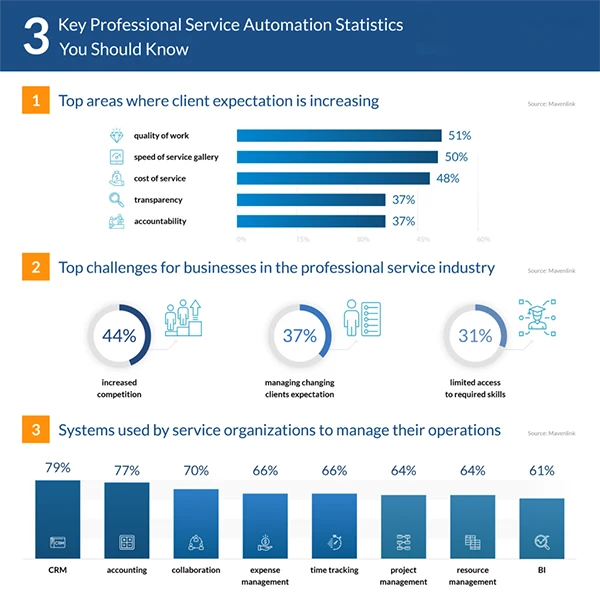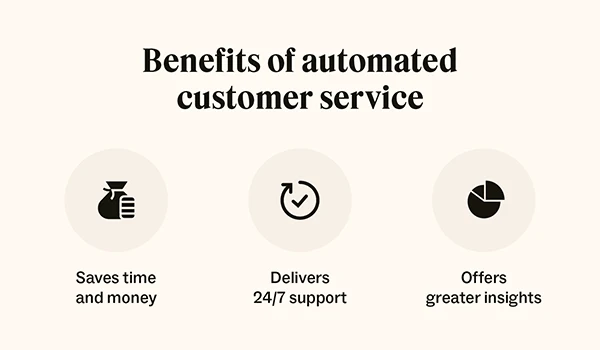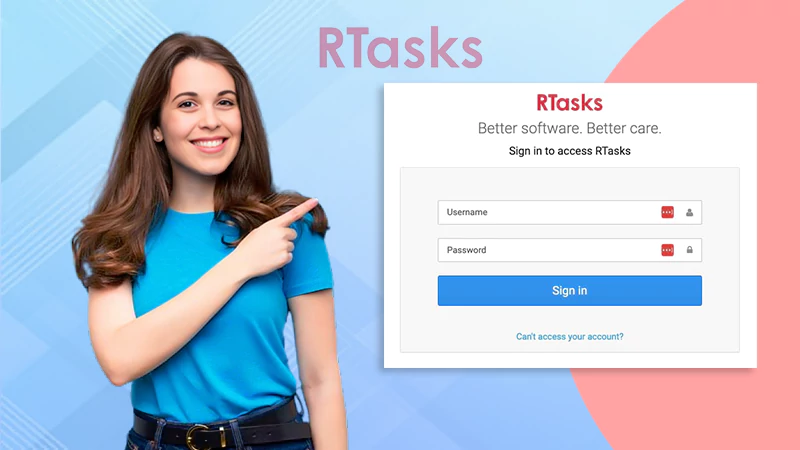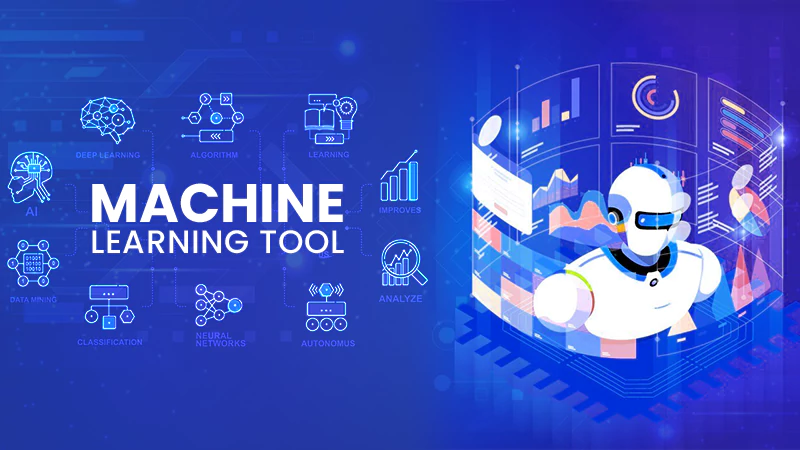The Power and Pitfalls of Automated Customer Service
Many companies are turning to customer service automation to meet the increasing demand for efficient and timely client support.
This strategy aims to streamline processes, reduce costs, and enhance overall customer satisfaction.
However, like any innovation, this technology comes with its set of pros and cons.
In this comprehensive article, we delve into the world of customer service automation, exploring its definition, advantages, drawbacks, strategies, and how to assess if it’s the right fit for your business.
What is Customer Service Automation?

Automation in customer service involves employing various technologies and processes to reduce human involvement in resolving inquiries.
Examples include chatbots, interactive voice response (IVR), email automation, self-service help centers, and frequently asked questions (FAQs).
These technologies aim to provide quicker, more cost-effective solutions by maintaining or improving the quality of client support.
Pros of Automated Customer Service
We all are victims of the numerous benefits of advanced technologies that have been implemented in almost every field to streamline work or propel business growth.
Similarly, the innovation of automated customer service is beneficiary in many ways that you can explore through a below few points:
Reduces Customer Service Costs
According to McKinsey, automated customer service significantly lowers expenses, saving up to 40% on assistance costs.
The cost savings extend beyond labor, contributing to increased client lifetime value and improved workflow for more complex interactions.
Enhances Human Interactions at Key Touchpoints
By automating routine tasks, support agents can focus on providing personalized and empathetic assistance during needed stages of the customer journey, leading to improved client satisfaction.
Improves Efficiencies and Speed to Value
Automation reduces response times, allowing human agents to address more complex issues.
This approach fosters a positive customer experience, contributing to First Contact Resolution and Average Handle Time metrics.
Encourages Support Team Collaboration
Automation tools help streamline workflows, preventing issues from falling through the cracks and fostering collaboration among support teams.
Allows for 24/7 Support
Automated customer service ensures uninterrupted 24/7 support, addressing client needs at any time. Intelligent chatbots can even collect information from leads and escalate them to sales agents for follow-up.
Also, check 3 important qualities of customer service to ensure your automation adheres to their expectations.

Cons of Automated Customer Service
You must keep in mind that no matter how beneficial something is, if not properly scrutinized eventually, ends up turning into drawbacks.
In the same manner, automated customer service functions also have some drawbacks that can impact a company’s functioning including:
Lacks Human Touch
The absence of human touch in automated systems can lead to a lack of empathy, potentially escalating simple queries into complex complaints that require personal intervention. This may harm brand trust and lead to negative reviews.
Unable to Solve Complex Issues
Besides AI advances, current automated systems struggle with solving complex issues requiring human intuition and understanding. Bots may fail to respond appropriately to customer frustration or sarcasm.
Threatens Customer Service Jobs
The implementation of automated systems may be viewed as a threat by customer service agents and supervisors. It necessitates a shift in the skill set of agents towards more personalized support as AI systems handle routine tasks.
Needs Significant Resources to Deploy Customer Service AI
Implementing AI solutions requires substantial technical resources and ongoing investments. Ensuring scalability, conversational capabilities, and rapid escalation options are required for successful deployment.
Increases Reliance on Technology
Dependence on AI may shift the focus away from delighting customers towards engineering bots to emulate human interactions. Establishing and maintaining client service best practices independent of the toolset is vital.
Customer Service Automation Strategies
If you think that your work has been done only by implementing advanced technology, then let me tell you, there are still lots of things that are required to be done for the augmentation of your company.
To successfully implement customer service automation, you can adopt the following strategies:
Add Live Chat for Immediate Engagement
Implement live chat on your website, allowing for immediate engagement with visitors.
Gradually introduce automated chatbots to handle inquiries outside business hours, ensuring a smooth transition to scripted responses.
Update Announcements on Your Phone System
Utilize your company’s phone system to provide proactive notifications about ongoing issues or updates, showcasing active efforts to address customer concerns.

Encourage Self-Service with a Useful Knowledge Base
Maintain an updated and engaging knowledge base to encourage customers to utilize AI-driven self-service options.
Include videos for interactive support, and regularly review and revise content for accuracy.
Make Use of Templated Responses
Offer editable responses to support agents for frequently asked questions, saving time and enhancing individualized customer care.
Integrate Customer Service Automation into Your CRM
Integrate client service tools with Customer Relationship Management (CRM) systems for a holistic view of their data.
This integration enhances proactive customer care and maximizes their lifetime value.
Do You Know? By the year 2025, it is expected that AI will be responsible for facilitating around 95% of customer interactions
The Role of AI in Customer Service
As businesses strive to provide exceptional customer experiences, artificial intelligence (AI) plays a key role in revolutionizing client service.
AI improves consumer engagement, delivers 24/7 customer care, enhances loyalty, and boosts brand awareness.
The applications of AI in customer service are diverse and include –
Chatbot-Based Customer Support
Intelligent chatbots, powered by AI, offer quick responses and address a large volume of customer inquiries with human-like interaction.
They minimize wait times and provide faster answers, contributing to increased client loyalty.
Predicting Consumer Needs
Machine learning and predictive analytics assist agents in detecting common inquiries and responses, and anticipating customer needs based on data analysis.
24×7 Support Availability
AI enables businesses to provide round-the-clock customer assistance, ensuring clients can have their questions answered anytime, anywhere.
Assisting Customers in Decision Making
AI-powered assistants respond to customer queries, provide detailed product or service information, and offer recommendations to facilitate better decision-making. Bots learn from interactions and improve accuracy over time.
Natural Language Processing (NLP)
NLP enables computers to comprehend human speech, enhancing client interaction analysis and increasing efficiency and customer satisfaction.
Conclusion
Automated customer services bring a whole lot of perks to the table with their ability to provide faster responses, save time, and streamline client support processes.
Plus, it frees up agents to focus on more complex and personalized interactions.
It’s like having the best of both worlds, so, let’s embrace the possibilities of automated customer service.
Also Read: What to Not Automate in the Customer Service Industry
How to Switch from iPhone to Android: Proven…
How to Perform Data Recovery on Hard Drive
All-Inclusive Guide on RTasks Login at RTasks.Net!
The Future of Enterprise Content Management Systems: Trends…
Artificial Intelligence and Machine Learning Trends in 2024
How Modern Technologies Can Help Us in Our…
Latest Technologies in the Fashion Industry
How Digital Technologies has Changed the Paradigm of…








